South Korea’s entertainment circle is trapped in the "suicide curse". The US media has counted Han Yu’s "six sins"
CCTV News:According to a report by Bloomberg, in 2017, the market value of the Korean wave industry affecting the world reached 4.7 billion US dollars. Being good at "making stars" is considered to be the success of Korean entertainment industry. But from unknown passers-by to hot idols, what have these mass-produced stars experienced? In this regard, American entertainment media have summed up the so-called "six sins" of Han Yu.
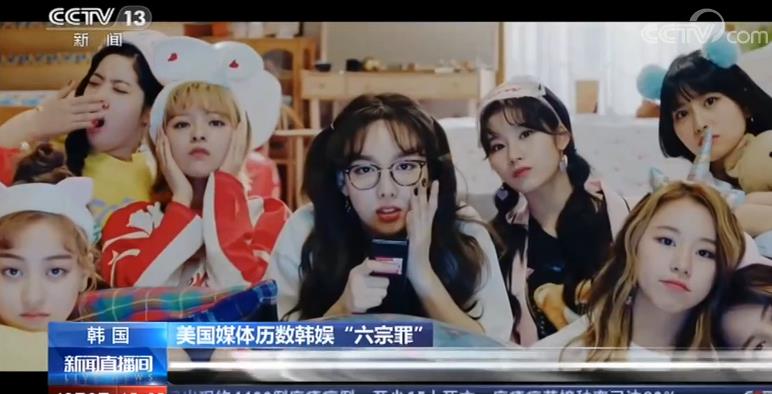
I. Slave contract
The phenomenon that brokerage companies profit from artists’ talents and efforts is not only in South Korea, but in South Korea, the exploitation of aspiring star artists is the most naked.
In 2017, after Henry Prince Mak, a former member of the Korean group JJCC, quit the group, he briefly introduced the Han Yu circle in his eyes on his YouTube channel.
Henry Prince Mak, former member of Korean group JJCC:Slave contracts have a long term,Typical is 7 to 15 years.
Henry Prince Mak said that such slave contracts are widespread in Korean entertainment circles.
Moreover, the contract will not take effect immediately from the date of signing. After signing a contract with an entertainment agent, young people have to be trainees and receive training for several years, and these years will not be counted in the contract.
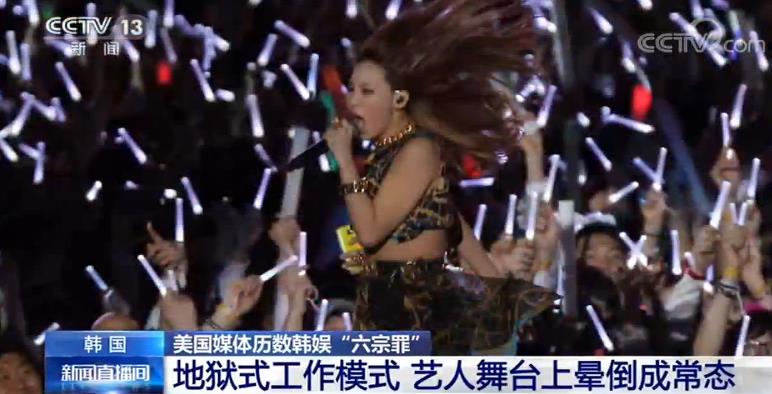
Second, the hellish working mode
After the trainees graduated from the training camp, they debuted as artists and started a harder life.
In Korea, artists are full-time jobs, especially young artists in idol groups, and they have almost no free time.
Henry Prince Mak, former member of Korean group JJCC:If there is a work task,You may have to work 24 hours a day,Work for 7 days.For example, when I was working,Get up at 6 o’clock every morning,You have to run for two hours,Then go to dance practice,If there are performances and other performances,If it’s early after the end,I will continue to practice dancing at 11 o’clock in the evening.Until 1 am.Then I can go home, take a shower and sleep.I feel very tired every day.
Even if you are sick or injured, you must persist in training and complete the performance. It is normal for artists to suddenly faint on the stage.
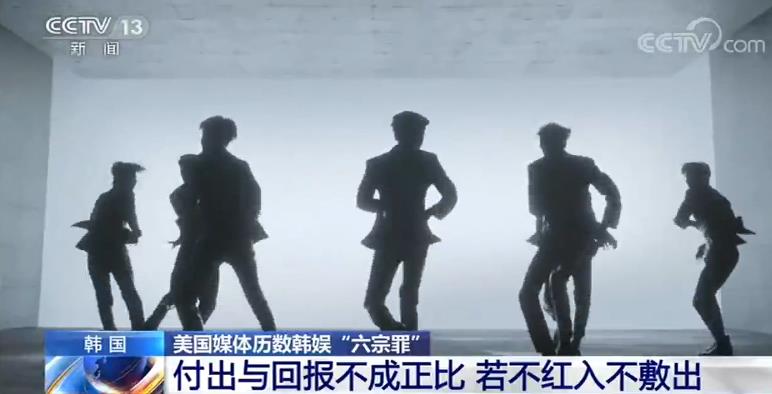
Third, disproportionate pay and return
Some people may say that all these sacrifices and efforts are worthwhile when fame and fortune are both achieved. But in fact, Korean artists rarely get equivalent returns.
Henry Prince Mak, former member of Korean group JJCC:Companies usually take 90%,Artists get 10%.If you’re lucky,Companies get 80% and artists get 20%.
Since Korean idol artists often debut in the form of a combination, this 10%-20% share will continue to be divided.
Suppose you are a member of a five-person group, then you can only get 2%-4% of the remuneration in the end, and you need to repay the training fee before your debut to the brokerage company.
In other words, if artists are not popular, they are likely to make ends meet and live a hard life. If the artist becomes popular, he will actually become a cash cow for the brokerage company because of the slave contract that lasted for more than ten years.
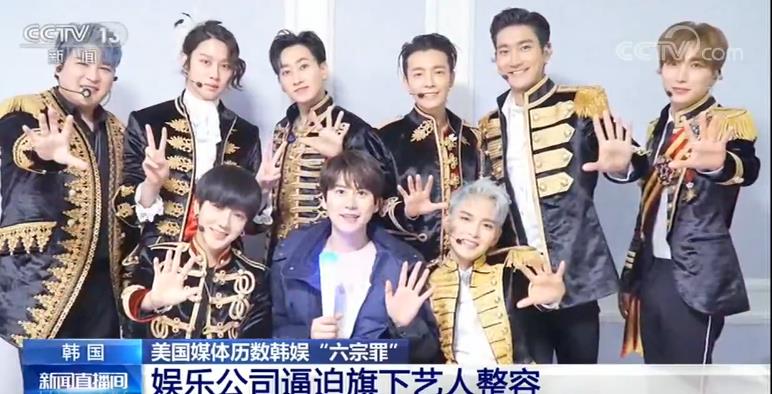
Four: Forced plastic surgery
Cosmetic surgery is a common practice in Korean entertainment circles, and voluntary cosmetic surgery is understandable, but sometimes entertainment companies will force their artists to undergo cosmetic surgery.
Shin DongHee from the men’s group Super Junior once broke the news in an interview."One day, the director of our brokerage company suggested that I should be double eyelid surgery, because my eyes were uncomfortable, so I decided to follow his advice."
Hwang chi Yeul, an independent artist, also admitted that she had her face changed at the request of her agent. He told reporters:"I don’t have any ideas about plastic surgery, but before I made my debut, my agent said we should have it done, so I did it."

Five: Strictly control diet
Idol artists, appearance is very important.
In addition to requiring artists to undergo plastic surgery, some brokerage companies will also check the weight of their female artists every week, and if some members fail to maintain the company’s prescribed weight, they will be punished. Punishment may be dancing, running or fasting.
Strict weight control and great psychological pressure have led to some artists’ physical dysfunction. Shen Huizhen, a member of the women’s group Oh My Girl, and IU, an independent singer, have both admitted that they suffer from anorexia and bulimia respectively.
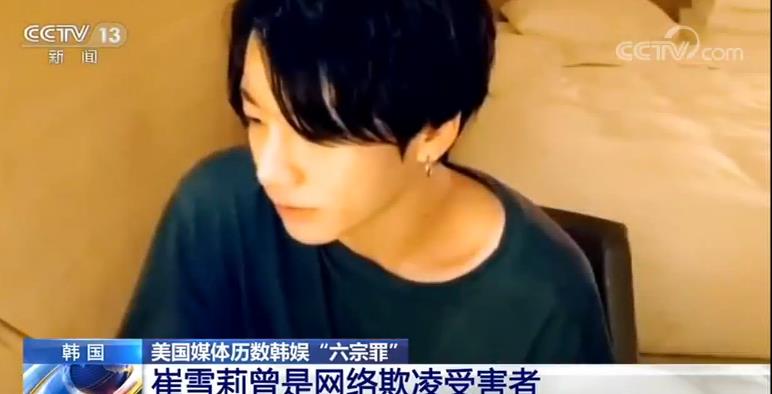
Six: Cyberbullying
The rise of social media is one of the important factors that make the Korean Wave flourish in South Korea and even around the world.
Korean entertainment companies make full use of social media platforms to spread artists’ works and activities, encourage the communication between artists and fans, and shape the affinity image of artists. At the same time, they also expose artists to the complex social network environment and become victims of cyber bullying.
Sulli, who died on October 14th, was a victim of cyber bullying before his death.
In 2015, after Shirley quit the group and acted as an actress, she tried to change the image of the former girl idol and reshape her personal style.
She began to upload some bold photos on social media, but she was attacked by many netizens, and was labeled as "flying herself", and she would also talk to netizens during the live broadcast.
On October 14th, after Sulli’s death, some netizens posted a petition on the bulletin board in Cheongwadae, asking the government to enact the Shirley Law — — Implement real-name registration system for Internet users, and require portals to filter out malicious comments. After the petition was published, as of November 14, more than 23,000 people agreed to sign it within one month.